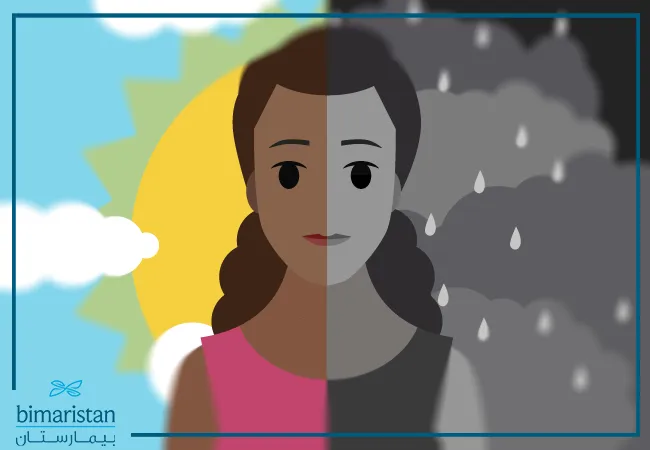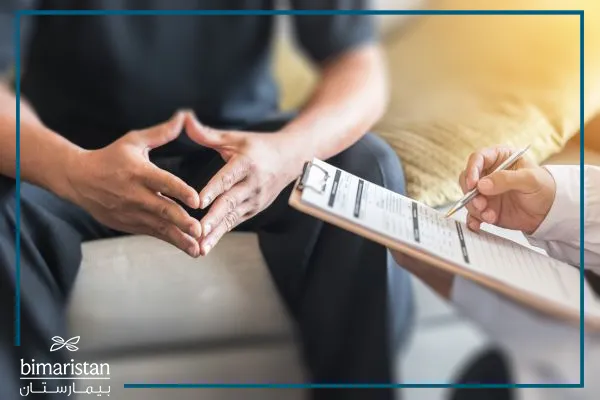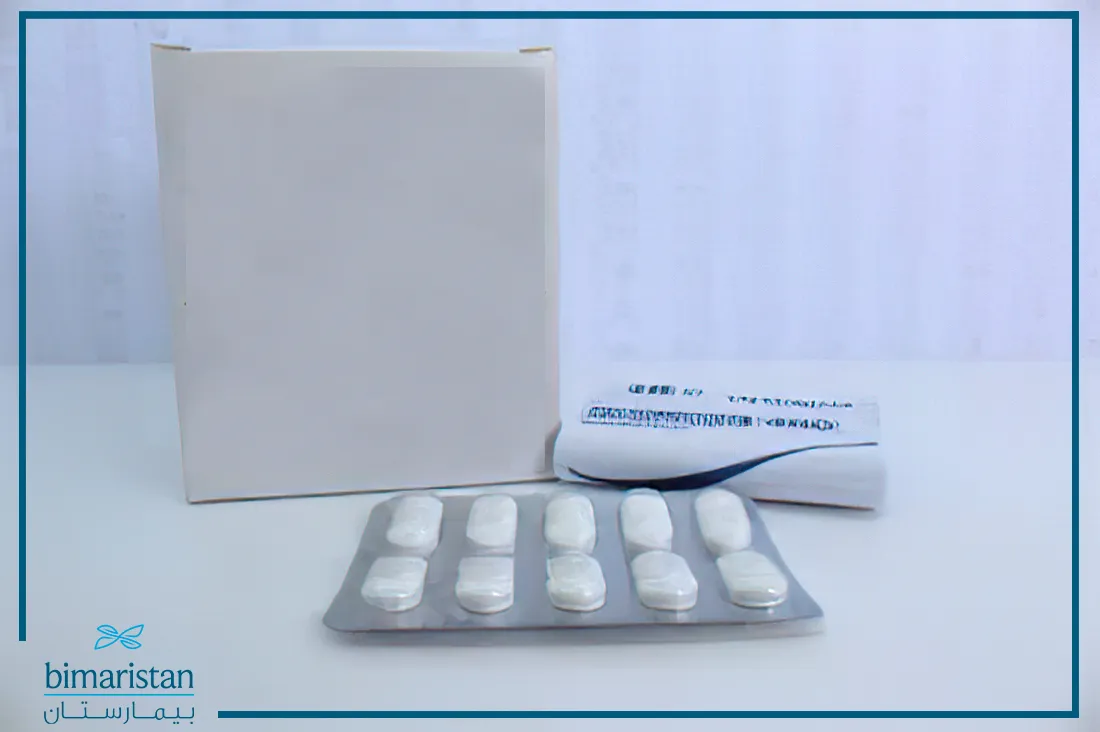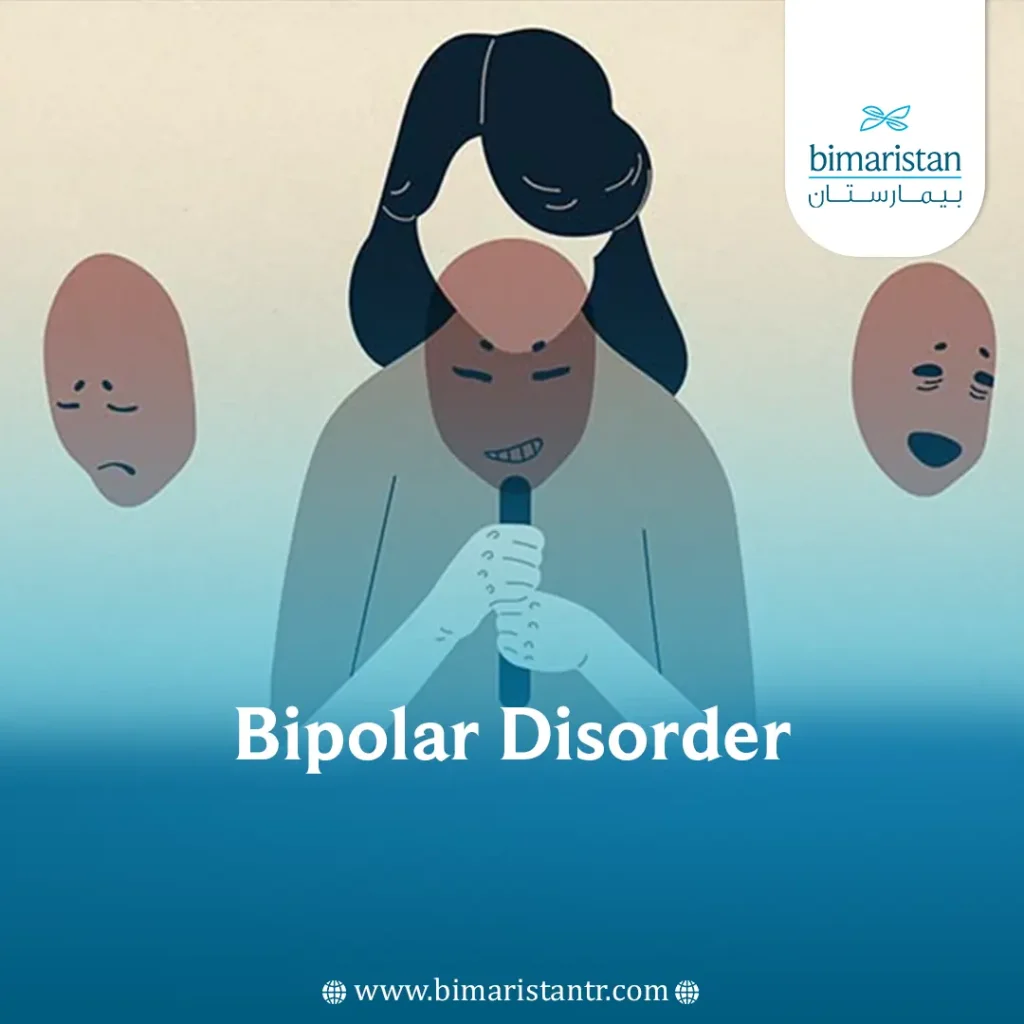Bipolar Disorder is a mental illness that combines mania and depression. The specific cause is unknown, but there are predisposing factors.
Previously known as manic depression, it was an accurate description of the patient’s condition. Recently, it has been renamed bipolar disorder due to the contradiction in mood states and their fluctuation between highs and lows. There are unspecific types that fall under bipolar disorder.
Bipolar mental disease can significantly impact people’s lives and may lead to difficulties in personal relationships, work, and studies. Follow us in this article to learn more about this disease; what are its causes? How is it diagnosed? And what are the latest methods of treating bipolar disorder in Turkey?
Definition of Bipolar Disorder
Bipolar disorder disease, also known as manic depressive disorder, is a mental illness classified as a mood disorder, during which the patient experiences depressive episodes with a low mood and manic episodes with a high mood, which is why it was previously called manic depression. These psychological disorders may hinder the patient from performing daily tasks and may require hospitalization during severe episodes. Bipolar disorder is divided into several types based on the variety of symptoms exhibited by the patient.
Types of Bipolar Disorder
- Bipolar Disorder Type I: This is the most severe type of bipolar disorder. Type one bipolar usually starts at the age of 20. It is characterized by a sudden onset and rapid course, consisting of:
- Mania: It is characterized by a high or rapid excitement over simple events; manic episodes last from a week to a month and may progress to chronic mania.
- Severe depressive episodes or bipolar depression: Depressive bipolar disorder is characterized by isolation and low mood lasting for two weeks.
- Bipolar Disorder Type II: This is a milder pattern than the previous type. Severe depressive episodes are present in both types, but the difference here lies in the severity of the manic episode. Bipolar 2 disease is characterized by hypomanic episodes (also a high mood but milder than the manic episodes in type I and lasting only for four days). This type may not significantly affect the patient’s daily activities. The symptoms of type II can last for weeks or months.
- Bipolar Cyclothymia: This involves mood swings between highs and lows over a shorter period. The patient does not experience distinct episodes but rather has unstable moods that change over a shorter period than the previous types. Cyclothymic moods last for several days or a few weeks.
Sometimes, patients may experience symptoms of both mania and depression in the same episode, known as mixed features. During mixed episodes, patients may feel extreme sadness or emptiness while also feeling extreme activity. There is also rapid cycling, where the person’s mood changes rapidly between highs and lows.
Depression may occur isolated without mania (unipolar), but there is no unipolar mania. Therefore, once a manic episode is diagnosed, the patient is diagnosed with bipolar disorder and will subsequently experience depressive episodes.
Bipolar Disorder Symptoms
People with bipolar disorder experience periods of abnormal emotional changes and changes in their sleep patterns and activity levels; these distinctive periods are called mood episodes. Mood episodes differ significantly from the person’s usual mood and behaviors. The patient may not notice these symptoms themselves, but family and friends may notice sudden changes in their mood.
During an episode, bipolar symptoms persist most of the day and may last several days or weeks. Bipolar episode symptoms are divided into symptoms of depressive episodes and symptoms of manic episodes. Here are the bipolar clinical manifestations:
Symptoms of Bipolar Depression |
Symptoms of Manic Episode |
| Feeling sadness or severe depression | Feeling agitated or excessively nervous or feeling extreme elation and joy |
| Loss of interest or pleasure in daily activities | Excessive work capacity |
| Loss of appetite or increased appetite | Lack of need for food |
| Difficulty sleeping or excessive sleeping | Little need for sleep |
| Fatigue or loss of energy | Increased activity |
| Difficulty concentrating or making decisions | Reckless behavior or unusual risk-taking |
| Feelings of guilt and low self-worth | Increased confidence or arrogance |
| Recurrent thoughts of death or suicide and that the world would be better off without them | Feeling like the world revolves around them |
| Slow thinking and reduced speech | Quick thinking and fast speech or attention deficit. |
Symptoms of a mania episode of bipolar disorder require hospital admission to ensure the patient’s safety and treatment for the episode.
In general, bipolar disorder in women is characterized by appearing at an older age, and women are more likely to experience seasonal depression, mixed episodes (both mania and depression at the same time), and cyclical patterns of bipolar disorder

If you think you have similar symptoms or suspect you have bipolar disorder, contact us for an evaluation and diagnosis of the condition and guidance on the appropriate treatment for bipolar disorder.
Causes of Bipolar Disorder
There is no specific cause for bipolar disorder, but there are possible factors that may contribute to its development. These factors include:
- Genetic factors: There is believed to be a genetic factor that plays a significant role in the onset of bipolar disorder, as the risk of developing the disorder increases when family members suffer from it.
- Chemical changes in the brain: An imbalance in the chemical balance of brain chemicals such as serotonin, norepinephrine, and dopamine have been observed in patients with bipolar disorder.
- Changes in brain structure: Some research suggests that there are changes in brain structure in people with bipolar disorder, especially in areas responsible for mood and emotion control.
- Environmental factors: Environmental factors may play a role in exacerbating symptoms of bipolar disorder, such as psychological stress, emotional trauma, or lifestyle changes.
However, research is still ongoing to determine the exact causes of bipolar disorder.
Diagnosis of Bipolar Disorder
Diagnosing bipolar disorder requires a comprehensive evaluation of the individual’s symptoms and medical history. Bipolar disorder check may include the following elements:
- Patient interview: The patient is interviewed to obtain information about their symptoms and medical history, including mood symptoms, emotions, and behavior.
- Assessment of psychological symptoms: Mood symptoms experienced by the patient, such as severe depression and mania, are evaluated.
- Assessment of physical symptoms: There may be accompanying physical signs of bipolar disorder, such as loss of appetite, increased appetite, or changes in sleep patterns.
- Assessment of family medical history: To determine if there are any similar cases in the family.
- Laboratory tests: Laboratory tests may be requested to rule out other causes of similar symptoms, such as thyroid function tests or blood calcium levels.
A professional psychiatrist must diagnose bipolar disorder, as it requires expertise in evaluating and diagnosing mental disorders. Contact us for guidance to the best psychiatrists in Turkey.
Bipolar Disorder Therapy Treatment in Turkey
The treatment of bipolar disorder in Turkey usually involves a combination of medication and psychotherapy. The appropriate treatment is determined based on the severity of symptoms and individual needs. Studies are ongoing to achieve a cure for bipolar disorder, but currently, bipolar disorder is considered a chronic mental illness, so bipolar medications must be taken for life.
The individual can lead a normal life without mood swings if they adhere to psychotherapy sessions and prescribed medication. They should not stop taking their medication when they feel better because suddenly stopping medication can have adverse effects, leading to a return or worsening of symptoms. Talk to your doctor about your desire to stop medication to explore the possibility.
Treatment of Bipolar Disorder Without Medication
Bipolar disorder can be treated without medication through the following methods:
- Psychotherapy: It can be used to help learn mood control skills and deal with psychological and emotional challenges. This may include cognitive-behavioral therapy, social therapy, and family therapy.
- Awareness and education: Raising awareness about the disease and educating the patient and their family about how to deal with bipolar disorder plays a significant role in its treatment.
- Social support: A person with bipolar disorder may need social support from family, friends, and the community to cope with psychological and emotional challenges.
- Proper nutrition and physical activity: Maintaining a healthy diet and regular physical activity may help treat bipolar disorder if the patient wants to avoid medications.

Medications for Bipolar Disorder
Mood stabilizing medications are used to control mood symptoms. Antidepressant medications may be used to treat depression (medicines for bipolar depression), while antipsychotic medications may be used to treat mania. Other medications that promote stability and support the effects of other medications may also be used.
Some of the most essential medications for treating bipolar disorder include:
- Lithium: Considered the best medication for bipolar disorder and other mood disorders, lithium is an alkaline metal that works to balance the levels of chemicals in the brain that affect mood and behavior. It is used to reduce mood swings, mania, and depression in cases of bipolar disorder and may reduce the risk of suicide. The medication may take some time to show its effectiveness and should be used under the supervision of a specialist.
- Sodium valproate: Primarily used to treat epilepsy, but also used as a mood stabilizer for bipolar disorder.
- Carbamazepine: Similar to the previous medication.
- Haloperidol: An antipsychotic medication, but also used in emergency treatment of acute manic episodes in bipolar disorder.
- Antidepressant medications: Used to treat bipolar depression. It should be noted that using antidepressant medications alone without mood stabilizers may lead to severe manic episodes or rapid cycling of bipolar disorder. Therefore, it is important to strictly follow the instructions of the treating psychiatrist to ensure the best management of the illness.

Preventing bipolar disorder
Bipolar disorder is a mental disorder characterized by severe mood swings ranging from severe depression to extreme excitement, as mentioned earlier. To prevent bipolar disorder, the following measures can be taken:
- Maintaining a healthy lifestyle by sleeping well, exercising regularly, and eating healthy and balanced meals.
- Avoiding stressful situations and psychological pressure.
- Adhering to the prescribed treatment by the doctor if you have been diagnosed with bipolar disorder.
- Regularly consult a doctor to monitor your condition and adjust treatment if necessary.
- Family and friends’ support can play an important role in dealing with bipolar disorder by reducing stress and improving quality of life.
- Stress management techniques such as planning, setting priorities, and time management can help reduce stress and maintain mood stability.
- Avoiding drugs and alcohol: as their use can worsen symptoms and increase the frequency of episodes.
However, it should be noted that the prevention mentioned above is not a guarantee against developing bipolar disorder. If you experience symptoms similar to this condition, you should consult a doctor for an accurate diagnosis and appropriate treatment.
In conclusion, bipolar disorder affects the patient’s mood, preventing them from performing daily tasks and forming relationships with others. Therefore, it was necessary to treat this disorder with a combination of medication and non-medication interventions to improve the patient’s mood and allow them to live an everyday life.
Source:
- NIH
- Center for Addiction and Mental Health
